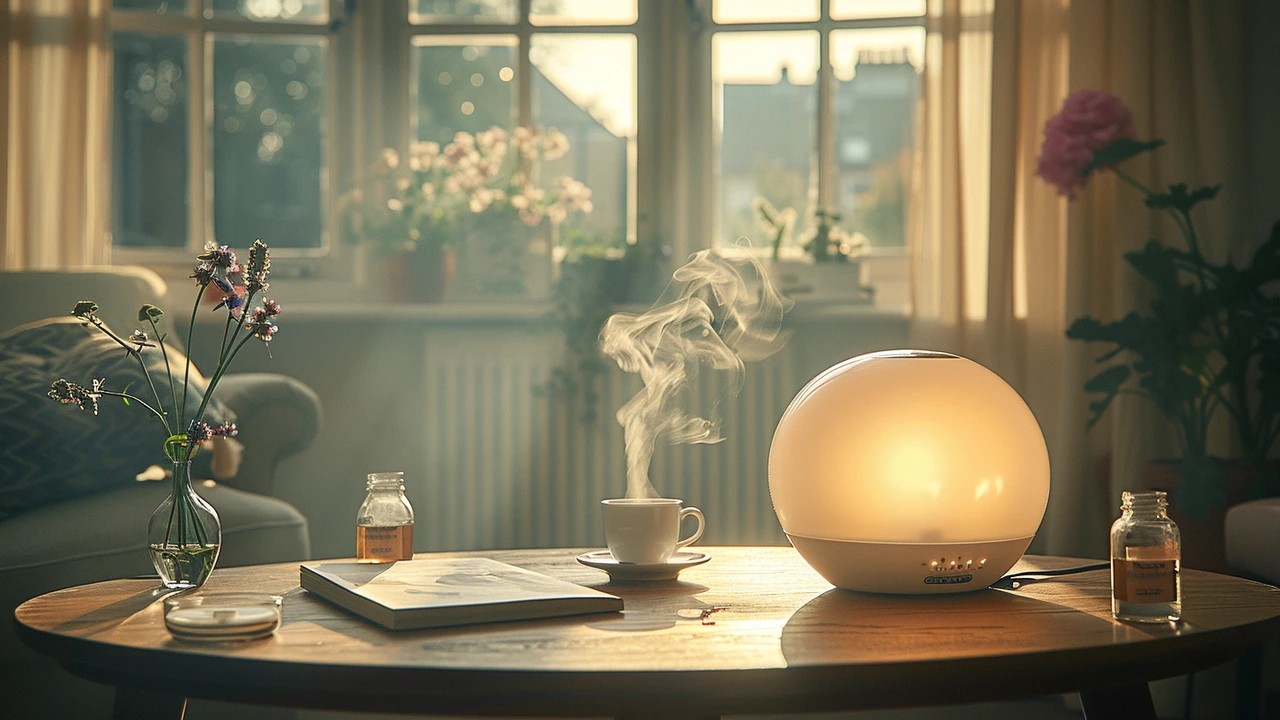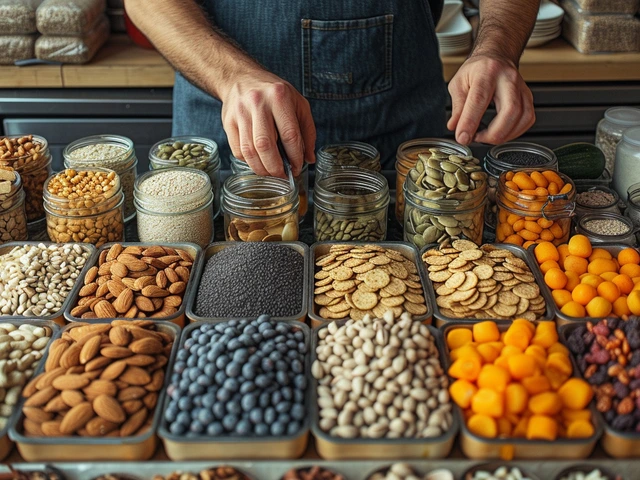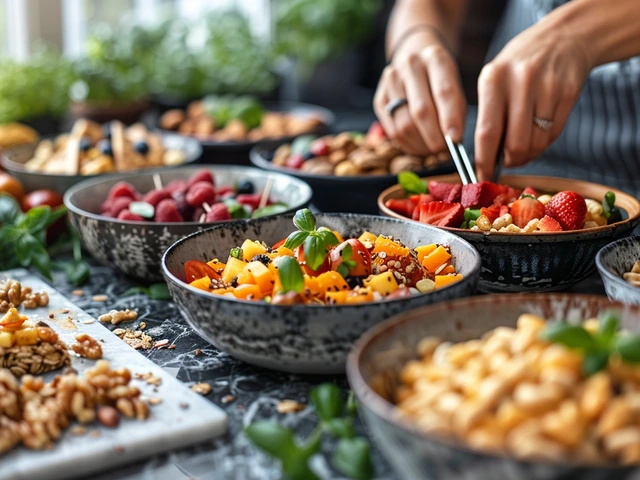Understanding Aromatherapy and Its Benefits
Aromatherapy might seem like a modern trend, but its roots trace back thousands of years, intertwining with the histories of ancient civilizations such as the Egyptians, Greeks, and Romans. At its core, aromatherapy uses aromatic essential oils medicinally to improve the health of the body, mind, and spirit. It enhances both physical and emotional health.
Essential oils are made from flower petals, herbs, and tree parts like bark and roots through processes like distillation or cold pressing. The beauty of these oils is that they capture the plant's scent and flavor, or 'essence.' Aromatherapy, the practice of using these essences, can range from skincare to relief from conditions like stress and insomnia.
Science supports the practice too; various studies have shown that certain essential oils can have a significant impact on mood. Lavender, for instance, is widely recognized for its calming and relaxing effects. It's not just about the smell, though. When inhaled, the scent molecules in essential oils travel from the olfactory nerves directly to the brain and especially impact the amygdala, the emotional center of the brain.
Other research points to the potential of essential oils to support immune system, improve sleep, and alleviate headaches. However, it's important to approach aromatherapy with caution. While essential oils are natural, they're also potent and should be used wisely to avoid potential side effects.
Popular Essential Oils and Their Uses
There's a bewildering array of essential oils available, each with its own healing properties. Knowing a few of the most popular can help you start your aromatherapy journey. Let's dive into some of the essentials.
- Lavender: Known for its calming and relaxing properties, it's ideal for sleep and stress relief.
- Peppermint: Invigorating and cooling, peppermint oil is great for stimulating the mind and easing headaches.
- Lemon: With its uplifting and purifying properties, lemon oil can help boost mood and support the immune system.
- Tea Tree: Renowned for its antiseptic properties, tea tree oil is a powerhouse for skin health and immune support.
These oils are just the tip of the iceberg. Each has its own unique uses and benefits. The key is to explore and find what works best for you.
How to Use Essential Oils Safely
While exploring the world of essential oils is exciting, it's crucial to use them safely. Due to their potent nature, improper use can lead to irritation or adverse reactions.
Here are some safety tips to keep in mind:
- Always dilute essential oils with a carrier oil like coconut or almond oil before applying to the skin. This prevents irritation and ensures the oil is absorbed gently.
- Perform a patch test before using a new oil to ensure you don't have an allergic reaction.
- Never ingest essential oils unless under the guidance of a professional. Despite being natural, they can be toxic if consumed.
- Use a diffuser for inhalation instead of direct sniffing from the bottle, which can be overwhelming and potentially harmful.
By adhering to these guidelines, you can enjoy the benefits of aromatherapy while minimizing risks.
DIY Blending of Essential Oils
One of the joys of aromatherapy is creating your own blends. Blending allows you to combine the therapeutic properties of different oils to create a customized scent that meets your personal needs.
Here's a simple guide to get you started:
- Choose your essential oils based on the benefits you're seeking. Experiment with different combinations.
- Use a carrier oil as your base. This will dilute the essential oils and make your blend safe to use on your skin.
- Start with a small batch to test the scent and effect. A typical blend includes 5-10 drops of essential oils in 1 ounce of carrier oil.
- Store your blend in a dark glass bottle to protect it from sunlight, which can degrade the oils.
Blending is an art, so have fun with it and see what unique combinations you can come up with.
Integrating Aromatherapy into Your Daily Life
Incorporating aromatherapy into your daily routine can boost your health and well-being in numerous ways. Whether it's through diffusing oils, enjoying a bath with added essential oils, or applying them topically, the possibilities are endless.
Here are some easy ways to start:
- Diffuse lavender oil in your bedroom at night to promote restful sleep.
- Add a few drops of peppermint oil to a carrier oil and massage onto your temples to relieve headaches.
- Use lemon oil in a homemade cleaner for a toxin-free and refreshing scent.
- Create a stress-relieving blend to use during work or relaxation time.
The most important part is to listen to your body and adjust accordingly. Aromatherapy is a personal journey and what works for one may not work for another. Explore, experiment, and discover the incredible benefits this ancient practice can offer.




